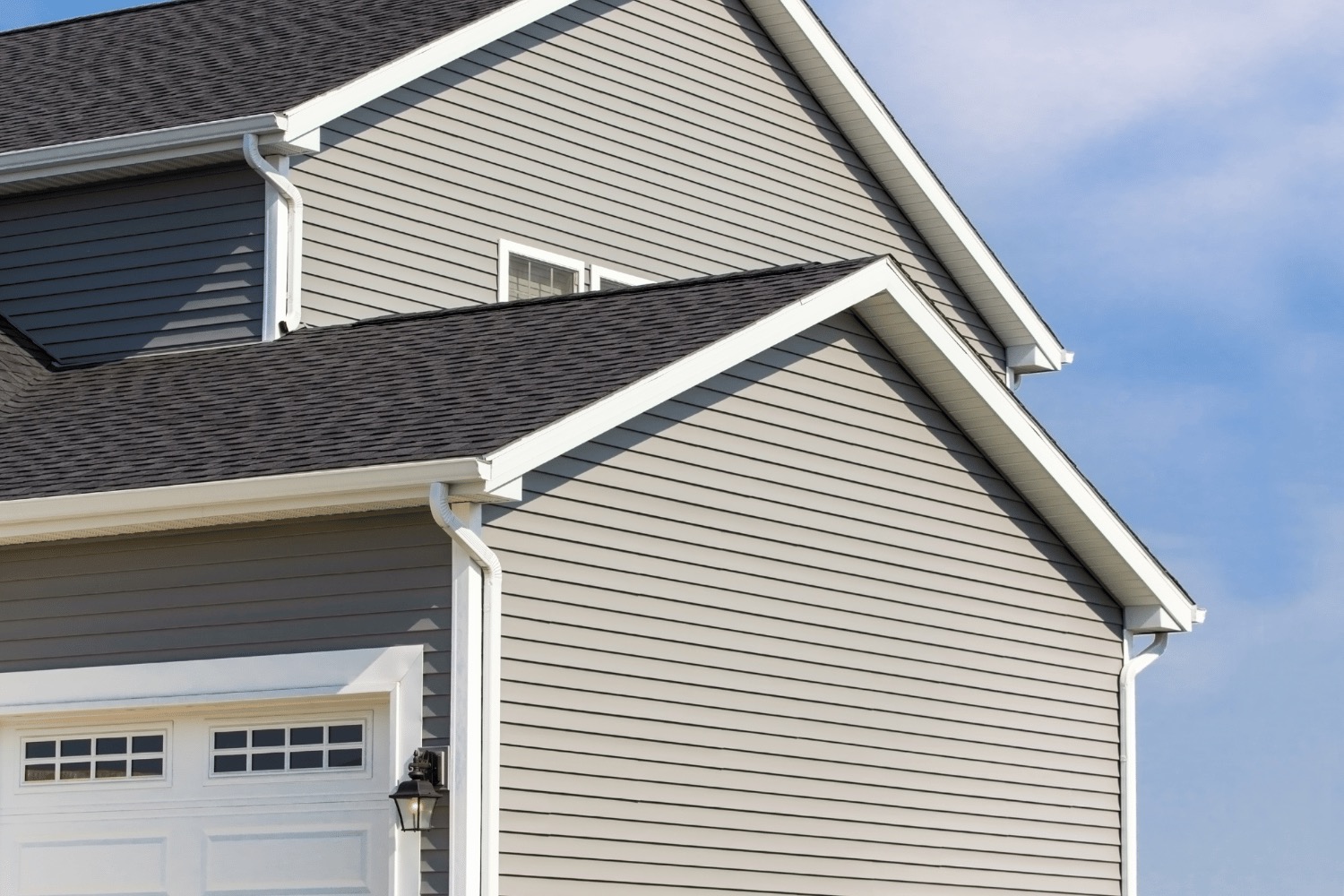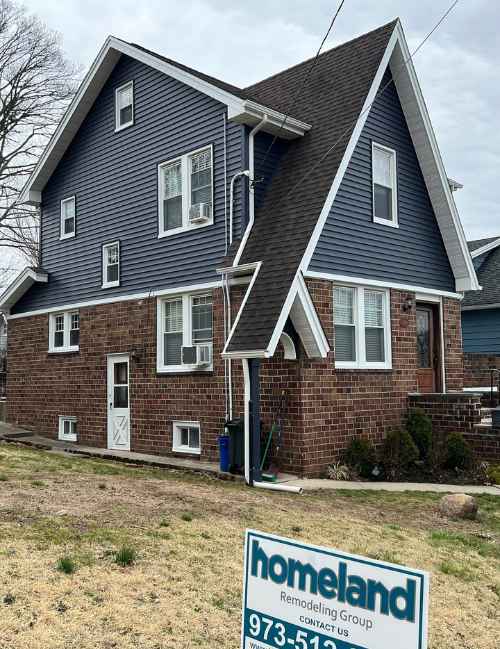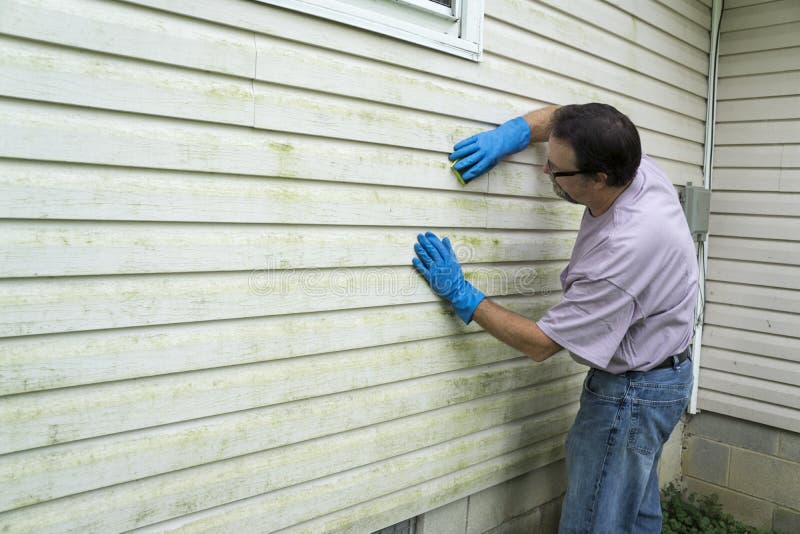Top-Rated Morris Siding Contractor Offering Expert Installation Services
Top-Rated Morris Siding Contractor Offering Expert Installation Services
Blog Article
The Vital Overview to the Numerous Sorts Of House Siding and Their Special Benefits
In the realm of home renovation, choosing the ideal siding is a crucial decision that influences both visual allure and useful performance. The range of materials offered, such as wood, plastic, fiber cement, brick, and steel, each offer special benefits that satisfy various needs and preferences. Recognizing these differences can substantially improve the durability and value of a residential or commercial property - morris siding contractor. However, with a lot of alternatives to consider, which siding material really attracts attention for your certain project? Checking out these options can cause informed choices that align with both style and practicality.
Wood Siding
Wood siding, a preferred choice for property outsides, supplies a classic visual that integrates all-natural appeal with structural integrity. This siding material is available in various styles, including clapboard, shingles, and board-and-batten, permitting home owners to personalize their appearance to match their design choices. Timber home siding is usually crafted from long lasting types such as cedar, redwood, or ache, which are understood for their resilience and capacity to endure environmental stress factors.
One of the main benefits of timber house siding is its superb insulation homes, which can add to power effectiveness and lower heating prices. In addition, wood home siding is naturally degradable, making it an environmentally friendly alternative when sourced sustainably. Routine maintenance, including painting or staining, can extend its life-span and improve its appearance, permitting home owners to protect the all-natural beauty of the timber.
However, prospective disadvantages consist of vulnerability to parasites, rot, and climate damage, necessitating appropriate treatment and maintenance - morris siding contractor. In spite of these issues, when properly taken care of, timber siding can supply a stunning and durable option that enhances the character of a home while supplying a cozy, welcoming ambience

Vinyl Home Siding
Vinyl siding has become a leading option for property owners seeking a low-maintenance exterior option that incorporates durability and affordability. This flexible material is crafted from polyvinyl chloride (PVC), making it resistant to various climate problems, including moisture and UV rays. Therefore, vinyl exterior siding does not warp, rot, or discolor, making certain resilient visual allure.
One of the key benefits of vinyl home siding is its considerable series of designs and shades, permitting house owners to attain the preferred appearance for their home without the requirement for constant repainting. In addition, plastic exterior siding is simple to install, which can considerably lower labor expenses throughout construction or restoration tasks.
Vinyl home siding additionally adds to energy efficiency. Several alternatives function insulation support, which enhances thermal efficiency, assisting to maintain comfortable interior temperature levels and possibly lowering power bills. Moreover, its smooth surface area promotes easy cleansing, needing just periodic cleaning with a garden tube to remove dirt and particles.
Fiber Cement House Siding
Fiber concrete home siding index has actually acquired grip among homeowners and builders alike because of its exceptional mix of resilience and aesthetic adaptability. Made up of a combination of concrete, sand, and cellulose fibers, this house siding option is engineered to endure severe climate conditions, consisting of high winds, hefty rainfall, and temperature variations, making it a durable choice for domestic exteriors.

Among the key benefits of fiber concrete exterior siding is its resistance to parasites, such as termites, and its non-combustible nature, offering enhanced fire safety and security. morris siding contractor. Additionally, it is offered in a vast range of structures, colors, and designs, permitting homeowners to attain their desired visual without sacrificing performance
Another advantage is its low upkeep demands; fiber concrete home siding normally requires painting or staining every 5-10 years, which is much less regular than various other materials. Its long life adds to a reduced overall price of possession, as it reduces the requirement for frequent repairs or replacements.
Ultimately, fiber concrete siding stands for an outstanding investment for those seeking a resistant, appealing, and flexible outside choice, integrating both kind and feature to boost the home's visual allure.
Steel Siding
The appeal of steel house siding hinges on its robust Going Here durability and modern-day visual allure, making it a preferred option for modern style. Available in products such as light weight aluminum and steel, steel siding supplies a variety of colors and surfaces, enabling property owners to attain a customized appearance that matches their layout vision.

Power efficiency is another substantial benefit, as many steel house siding products are developed with insulation alternatives that help regulate interior temperatures. This can lead to reduced power expenses over time. In addition, metal house siding is often recyclable, making it an ecologically pleasant selection for sustainability-minded home owners.
The installment procedure for metal siding can be fairly uncomplicated, leading to a quicker turn-around time for building and construction projects. Overall, steel home siding integrates performance and design, making it a functional choice for those looking for a aesthetically enticing and long-lasting outside finish.
Brick and Stone House Siding
Block and stone exterior siding attracts attention as an ageless selection that improves the aesthetic charm of any type of home. Known for their resilience and reduced maintenance, these materials supply an outstanding return on investment while raising the home's aesthetic allure. Readily available in different shades, structures, and patterns, brick and stone can be customized to match diverse architectural designs, from conventional to contemporary.
One of the key advantages of block and rock siding is their power performance. Both materials have all-natural protecting residential properties that aid control interior temperatures, potentially reducing heating & cooling costs. Furthermore, they provide remarkable fire resistance compared to other house siding choices, adding to boosted security.
Another advantage is their longevity. Brick and rock can last for decades, usually requiring marginal upkeep beyond periodic cleansing. Unlike timber house siding, they are invulnerable to insects and rot, making certain a long-lasting exterior that endures the aspects.
Final Thought
In summary, the choice of exterior siding considerably affects a home's visual allure, energy effectiveness, and maintenance needs. Each type of home siding-- whether timber, plastic, fiber steel, brick, or cement and stone-- uses unique advantages tailored to different home owner preferences and environmental conditions.
One of the key advantages of wood exterior siding is its excellent insulation homes, which can add to power effectiveness and lower heating costs. Additionally, timber Website house siding is naturally degradable, making it an ecologically friendly alternative when sourced sustainably.One of the primary benefits of metal exterior siding is its resistance to numerous environmental factors.Power performance is an additional substantial advantage, as numerous metal house siding items are created with insulation alternatives that assist manage indoor temperatures. Each kind of siding-- whether wood, plastic, fiber concrete, metal, or block and stone-- provides distinct advantages tailored to various homeowner choices and ecological conditions.
Report this page